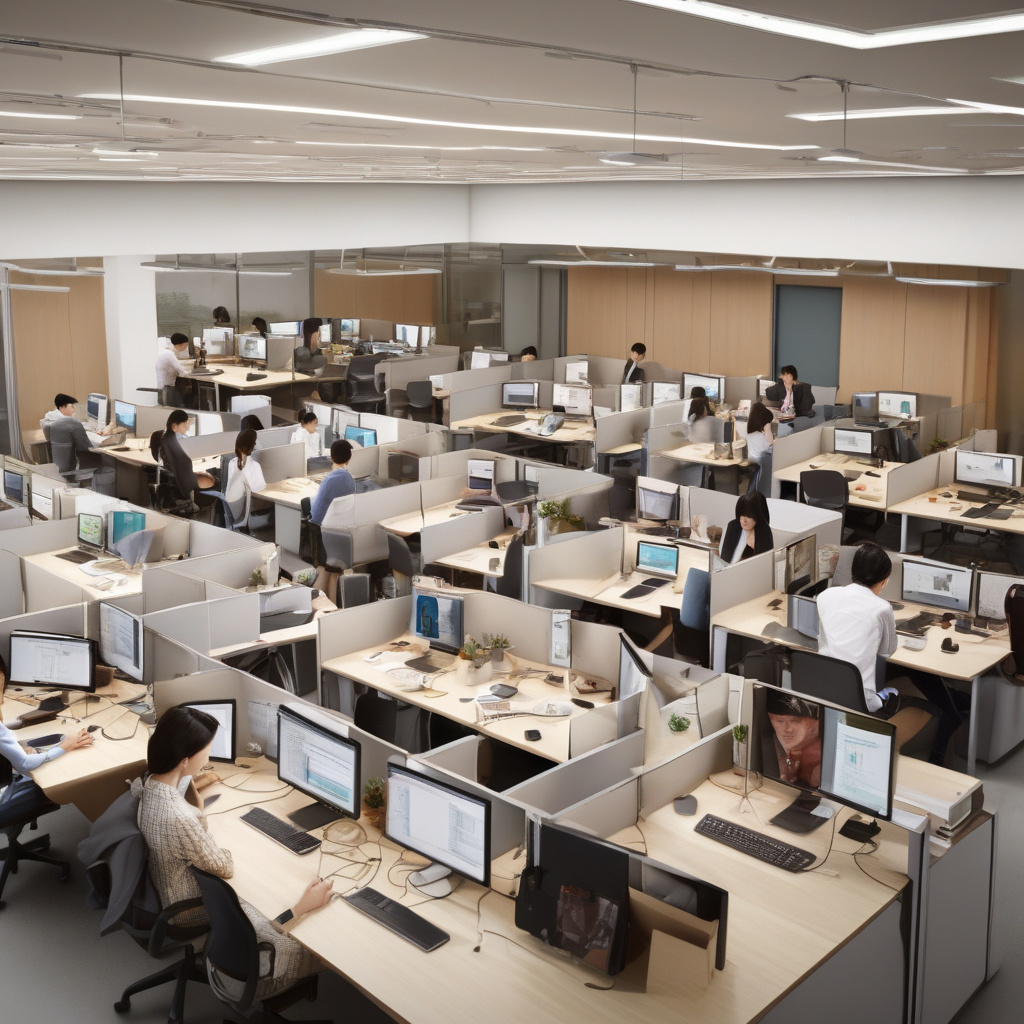In recent years, the tech industry has become synonymous with long working hours and intense dedication. The emergence of China’s notorious 996 culture, where employees work from 9 a.m. to 9 p.m., six days a week, has sparked debates worldwide about work-life balance and labor rights. While this practice has drawn criticism for its potential negative impact on employees’ well-being, productivity, and overall quality of life, it has also been lauded for fostering a strong work ethic and driving innovation.
Amid this global discussion, South Korea’s tech sector finds itself at a crossroads as it grapples with its own set of challenges regarding working hours. The country has implemented a 52-hour workweek cap, which is stricter than the working hours in the U.S. and Singapore but more lenient compared to many European countries. This regulation aims to improve work-life balance, enhance productivity, and protect employees’ rights.
However, this move has sparked concerns among deep tech founders and investors in South Korea. While the intention behind the 52-hour limit is noble, there are fears that it may hinder the competitiveness of the tech industry in the global market. In a sector that thrives on innovation, speed, and continuous development, some argue that strict regulations could stifle creativity and impede progress.
Tech startups, in particular, often operate in a fast-paced environment where deadlines are tight, and breakthroughs can happen at any moment. The rigid enforcement of a 52-hour workweek could limit the flexibility that these companies need to stay ahead of the curve. In a landscape where agility and adaptability are key to success, any constraints on working hours could be seen as a hindrance.
Investors, on the other hand, worry about the impact of the 52-hour limit on the overall growth and profitability of tech companies. They fear that these restrictions may deter foreign investment, talent acquisition, and ultimately slow down the pace of innovation in the South Korean tech sector. In a hyper-competitive global market, where every advantage counts, any perceived limitations could put local companies at a disadvantage.
To strike a balance between protecting workers’ rights and fostering innovation, South Korea’s tech industry must find creative solutions that address the concerns of both employees and employers. One possible approach could be to introduce more flexibility within the existing framework, allowing companies to adapt their working hours based on project requirements and deadlines. This would enable tech firms to maintain their competitive edge while ensuring that employees are not overworked or exploited.
Furthermore, promoting a culture of work-life balance, encouraging efficient work practices, and investing in employee well-being are essential steps towards creating a sustainable and thriving tech ecosystem. By prioritizing the health and happiness of their workforce, companies can boost morale, productivity, and ultimately drive long-term success.
In conclusion, while the 52-hour workweek cap in South Korea aims to protect workers and improve their quality of life, it also poses challenges for the tech sector. Finding a middle ground that meets the needs of both employees and employers is crucial to ensuring the industry’s continued growth and competitiveness. By embracing innovation, flexibility, and a holistic approach to work, South Korea can navigate these challenges and emerge stronger in the global tech landscape.

